
Common Interview Questions and Answer Techniques for Project Managers and PMO
Give a brief self-introduction
Special reminder: It must be brief, without lengthy elaboration. Often, a self-introduction primarily gives the interviewer some buffer time to reacquaint themselves with your resume. Therefore, through the self-introduction, we should subtly remind the interviewer of your unique qualities and why you are an ideal candidate for the position.
Avoid these "suicidal" answers:
- Reciting the resume: "I did XX at the first company, XX at the second company, and XX at the third company..." This lacks relevance to the position being applied for.
- Exposing weaknesses: "I am a project newbie looking to switch fields, with no experience in projects..." This may leave an impression of lacking confidence or being unprepared.
Revised answer:
-
Who I am: "Dear interviewer, my name is XXX. I am a senior project manager with a PMP certification, graduated from the project management program at XXX University. I am honored to be part of this interview."
-
My experience and highlights (2-3 points matching the job description): "At ABC Technologies Co., Ltd., I served as the core project manager for a smart city project. By implementing agile project management, we successfully shortened the project cycle by 10%, with a customer satisfaction rate of 96%. The success of this project was due to my solid project management skills and excellent team collaboration and communication abilities. Subsequently, in the PMO department at Tencent, I optimized project portfolio management processes by introducing Earned Value Management (EVM), effectively reducing project deviation rates by 25% and significantly improving project monitoring and decision-making efficiency."
-
Why I am applying for/suited for this job: "Today, I am passionately applying for the senior project manager position at your esteemed company. I love project management, particularly the sense of achievement from cross-team collaboration and tackling complex project challenges. Throughout my career, I have accumulated extensive project management experience, mastering the entire process from project planning to execution. I hope to further deepen and expand in this field. I believe my professional skills and dedication to project success align with your company's expectations. I look forward to the opportunity to join your team. Thank you!"
What projects have you worked on?
Avoid these "suicidal" answers:
- A list-like introduction: "I worked on such and such projects at such and such times..." without highlighting your role and the project's standout points.
- Not knowing how to highlight oneself: Describing projects without logically showcasing your role and the project's highlights to the interviewer.
- Ignoring project results and impact: Only describing the project name and your duties without mentioning the project's final results or business impact, making it hard to understand the project's true value.
- Failing to quantify achievements: Even if successes are mentioned, they are not quantified with numbers or percentages, making achievements sound vague and unconvincing.
Revised answer:
-
Choose a major project to describe: "I had the privilege of leading a smart city big data platform construction project with a contract value of 20 million yuan, lasting 12 months. I led a multidisciplinary team of 10 members, including 2 front-end engineers, 5 Java back-end engineers, 2 data analysts, and 1 UI designer. We adopted agile development methods and iterated in stages, ensuring efficient project progress. Ultimately, we delivered on time, exceeding customer satisfaction expectations, and the project results were widely recognized in the industry."
-
Describe the problems you encountered in the project and your solutions: "In the aforementioned smart city project, we faced a common but challenging issue: frequent demand changes from stakeholders, directly affecting project progress and cost control. To address this, I immediately took action by first establishing a strict change control process with the team, clarifying the change approval thresholds and processes to ensure that each change was fully evaluated and reasonably estimated for costs. Secondly, I proactively communicated with stakeholders, clearly presenting the potential impacts of changes, including cost increases, time delays, and potential threats to the overall project goals. Through these measures, we successfully reduced the number of changes by 40% and kept the project on track."
How do you control project progress?
Special reminder:
This question is not difficult for an experienced project manager to answer; just relate it to your actual project experience. Avoid vague plans and chaotic logic. Avoid unclear plans: Ensure all plans are specific and measurable. Maintain logical consistency: Project plans should reflect the logical order of tasks, ensuring each step supports the overall goal. Focus on details: Consider all necessary details in the project plan, including risks, resource constraints, and dependencies. Maintain transparency: Ensure all team members and stakeholders have a clear understanding of project progress. Adapt flexibly to changes: Be prepared to adjust plans based on project progress and external conditions.
Revised answer:
-
Planning: "According to the project management plan, the project is broken down into milestones. Each milestone is further detailed and assigned to the respective developers, with daily workloads allocated."
-
Supervision: "Project members explain their work results from the previous day and their plans for the current day before starting work each morning, indicating whether they need help. This provides timely feedback on progress and problems, identifies and solves issues promptly, ensures clear division of labor, and maintains transparency. Each person takes about five to six minutes, and the meeting lasts about half an hour."
-
Resource allocation: "A technically proficient engineer is reserved as a technical manager or responsible for technical tasks, with fewer basic development tasks assigned, mainly acting as a mobile resource to help solve problems. Additionally, 15% buffer time is reserved for the entire development period to prevent potential emergencies."
In summary, the two elements of effective progress management are: having a plan and ensuring the plan is clear, combined with supervision and quick feedback.
How do you respond to project risks?
Special reminder:
The interviewer asks this question to see how you handle unexpected situations and whether you have experience managing risks.
Avoid these "suicidal" answers:
- No risks encountered: "I have controlled risks well in projects, and there have been no major risk issues."
- Only mentioning problems without solutions: "I have encountered various risks such as personnel, requirements, progress, quality, and cost in projects," but not explaining how you responded to these risks.
Revised answer:
-
Choose representative risks to answer: For example, describe a risk you encountered during a project and how you resolved it, focusing on specific cases.
-
Describe how you mitigate risks: Explain how you mitigate personnel, cost, progress, requirements, and other risks.
"First, plan for potential risks in the project, such as requirement creep, personnel changes, technical difficulties, project delays, etc. Then, develop risk response measures and processes, determining how to handle these risks, who will handle them, and who is responsible. Additionally, establish risk warnings, promptly controlling any warning signs and taking response measures. Finally, resolve the risk according to the process and report the situation to relevant stakeholders in a timely manner."
"Furthermore, I have two methods for preventing risks and issues: daily stand-up meetings, where everyone has developed a habit of proactively exposing issues, and frequent communication with the team, where I identify potential problems not yet thought of by others."
What are your strengths and weaknesses?
Special reminder:
For questions about strengths and weaknesses, research the target company's desired qualities before the interview and find three strengths that you possess, such as strong execution, excellent communication skills, clarity, adaptability, resilience, etc. While strengths are easy to discuss, weaknesses can be tricky.
Avoid these "suicidal" answers:
- Mentioning insignificant weaknesses: "I get too tired when I stay up late, I'm too polite to people, I'm too serious about my work..."
- Mentioning non-professional weaknesses: "I have a cleanliness fetish, I'm picky about food, I'm not good at companionship..."
- Mentioning unchangeable weaknesses: "I need a calculator for math, I can't read documents silently, I must read them aloud..."
- Mentioning fatal weaknesses: "I have a weird temper, I'm always late, I don't like to cooperate with others..."
Revised answer:
-
Mention weaknesses you are already addressing or have a clear plan to address: Especially if you can fully demonstrate that the weakness can be resolved in the near future.
"I tend to focus too much on details, causing some work to be delayed. Currently, I am changing my work style through time management skills, first completing the framework and then improving the details to solve this issue."
-
Discuss a weakness you are addressing by leveraging a strength, and subtly mention a strength: "I find it hard to say no, often taking on colleagues' requests, which sometimes affects my work progress. I am now using multitasking management tools like logs, task management apps, and the Pomodoro Technique. When someone asks for my help, I first check if I can take it on; if not, I suggest they find another colleague for help."
In conclusion, after discussing a weakness, it is best to mention that you have attempted to overcome it through certain methods and have seen improvements.

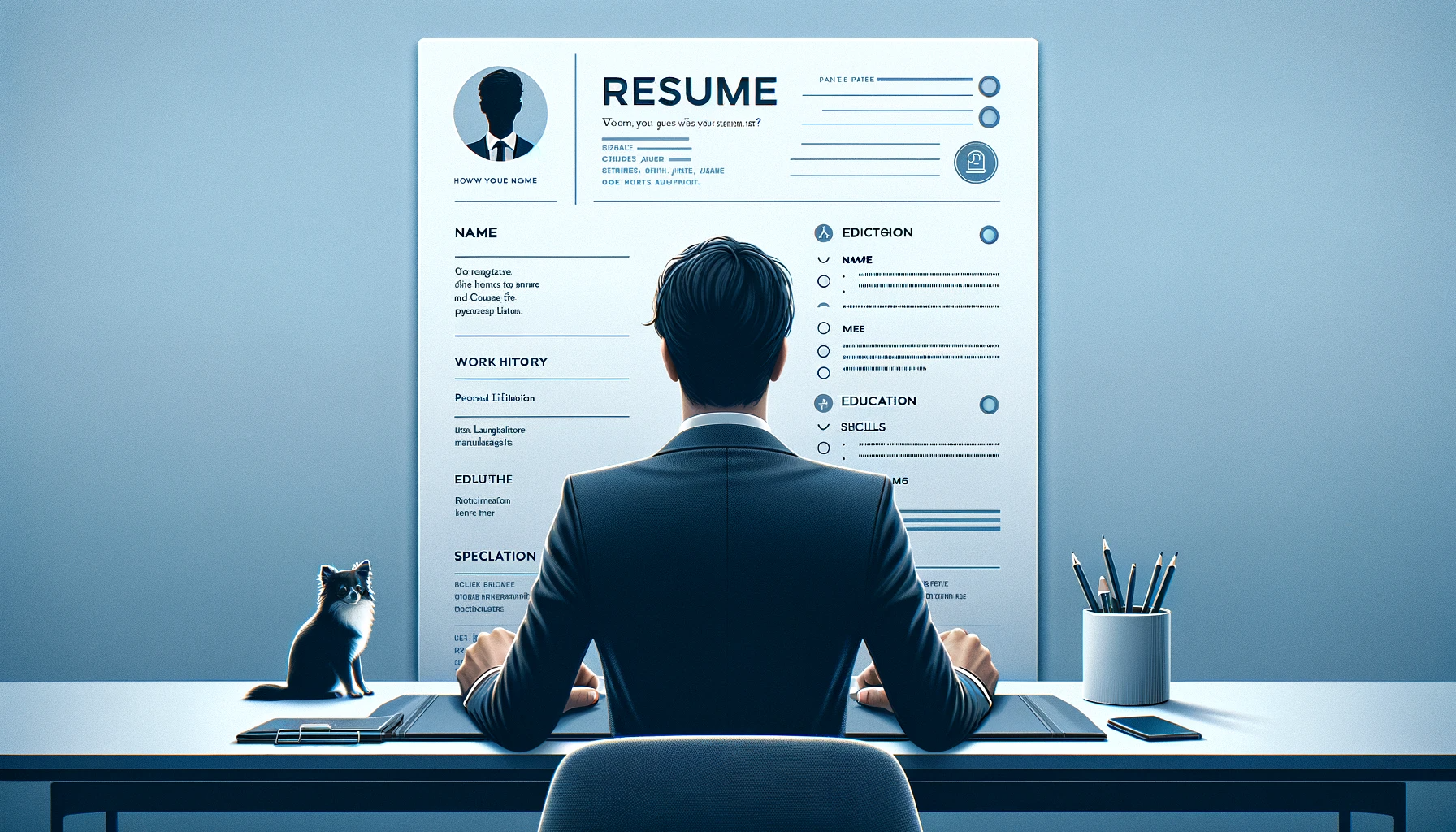
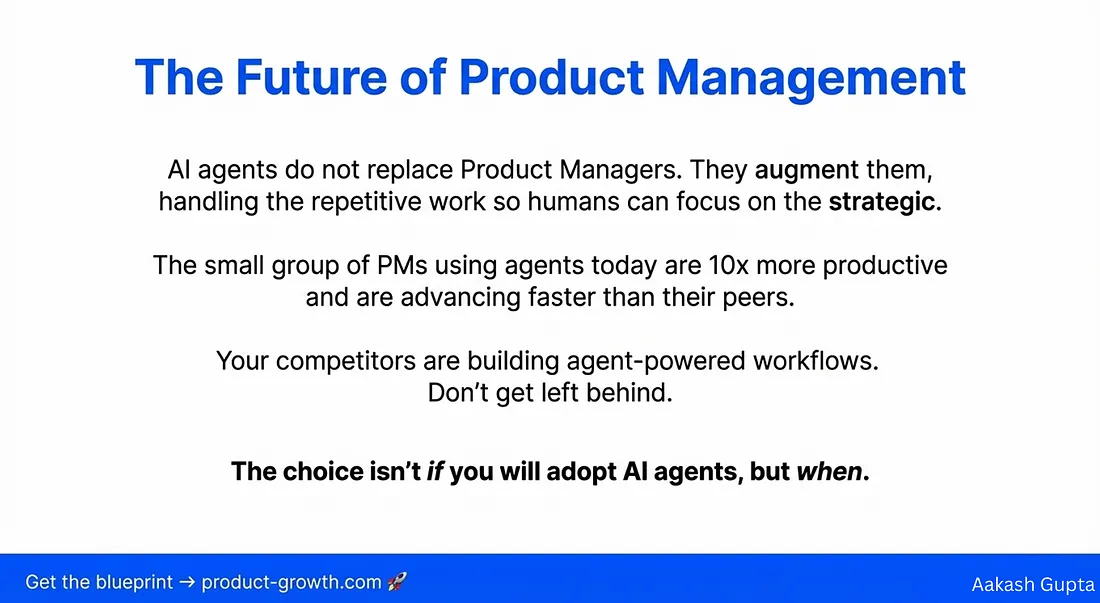
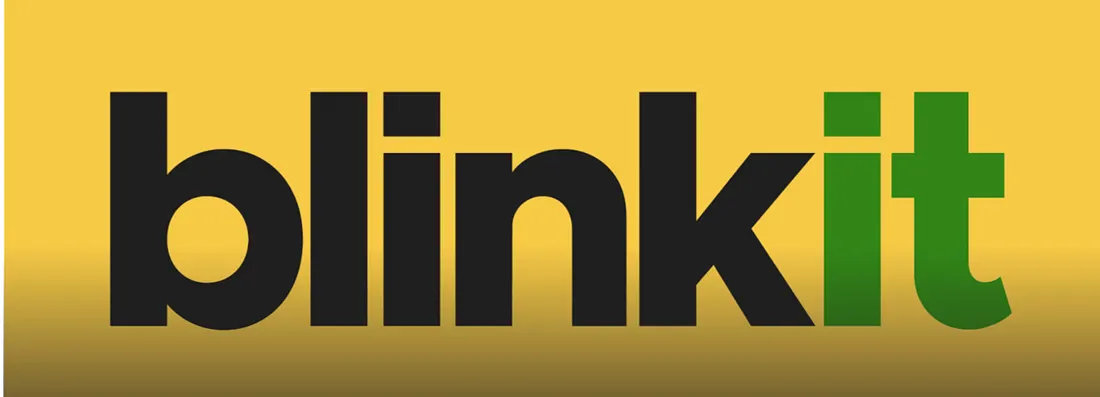
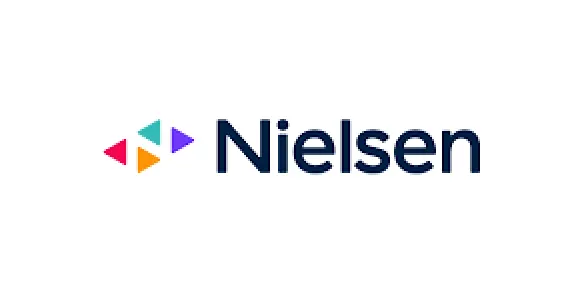

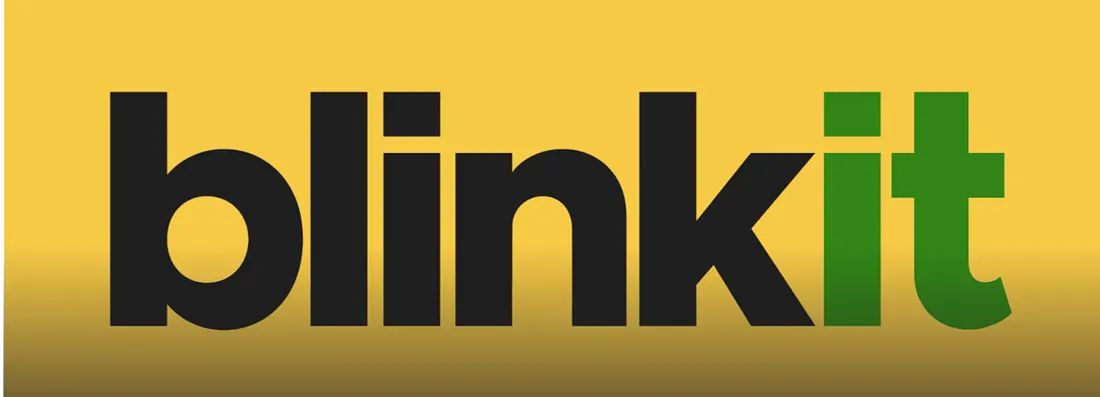

Comments ...
Leave a Comment
AnonymousUser Reply
<h1>My Free Online Kitchen Design Journey</h1> <h2>Choosing the Right Online Tool</h2> <a href=https://stamedia.ru/>stamedia.ru</a> <a href=https://fabtr.ru/>fabtr.ru</a> B5XvZR9ny <h2>Clever Storage SolutionsтБЪ Utilizing Every Nook and Cranny</h2> <h2>Understanding the Importance of Flushing</h2>
Leave a Comment